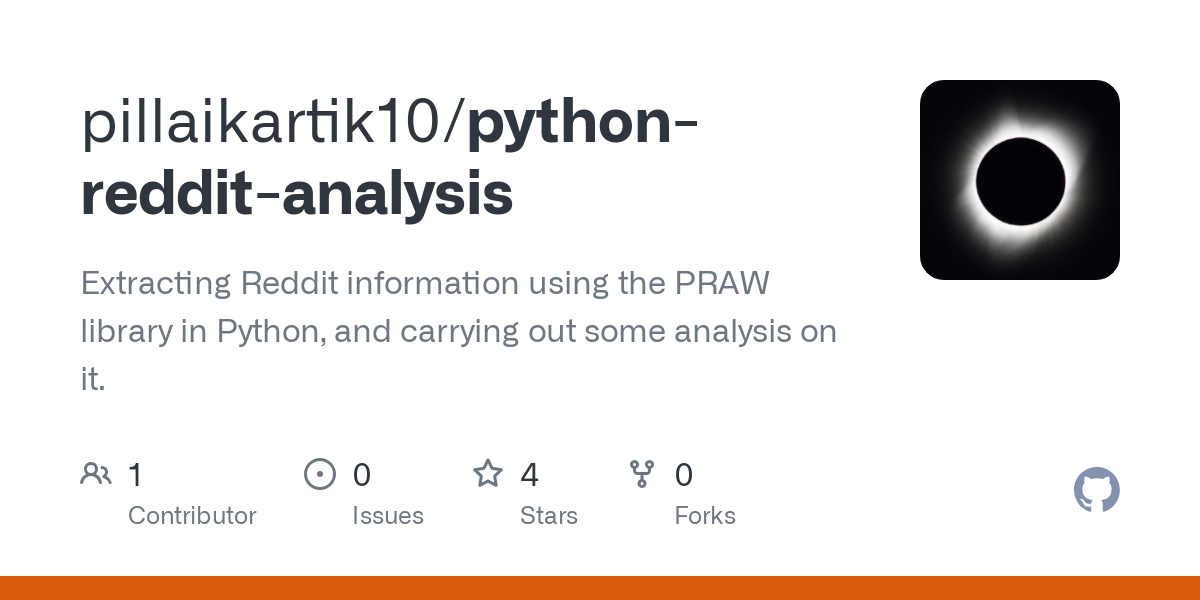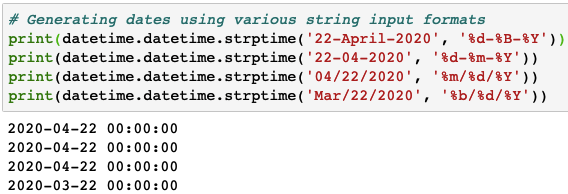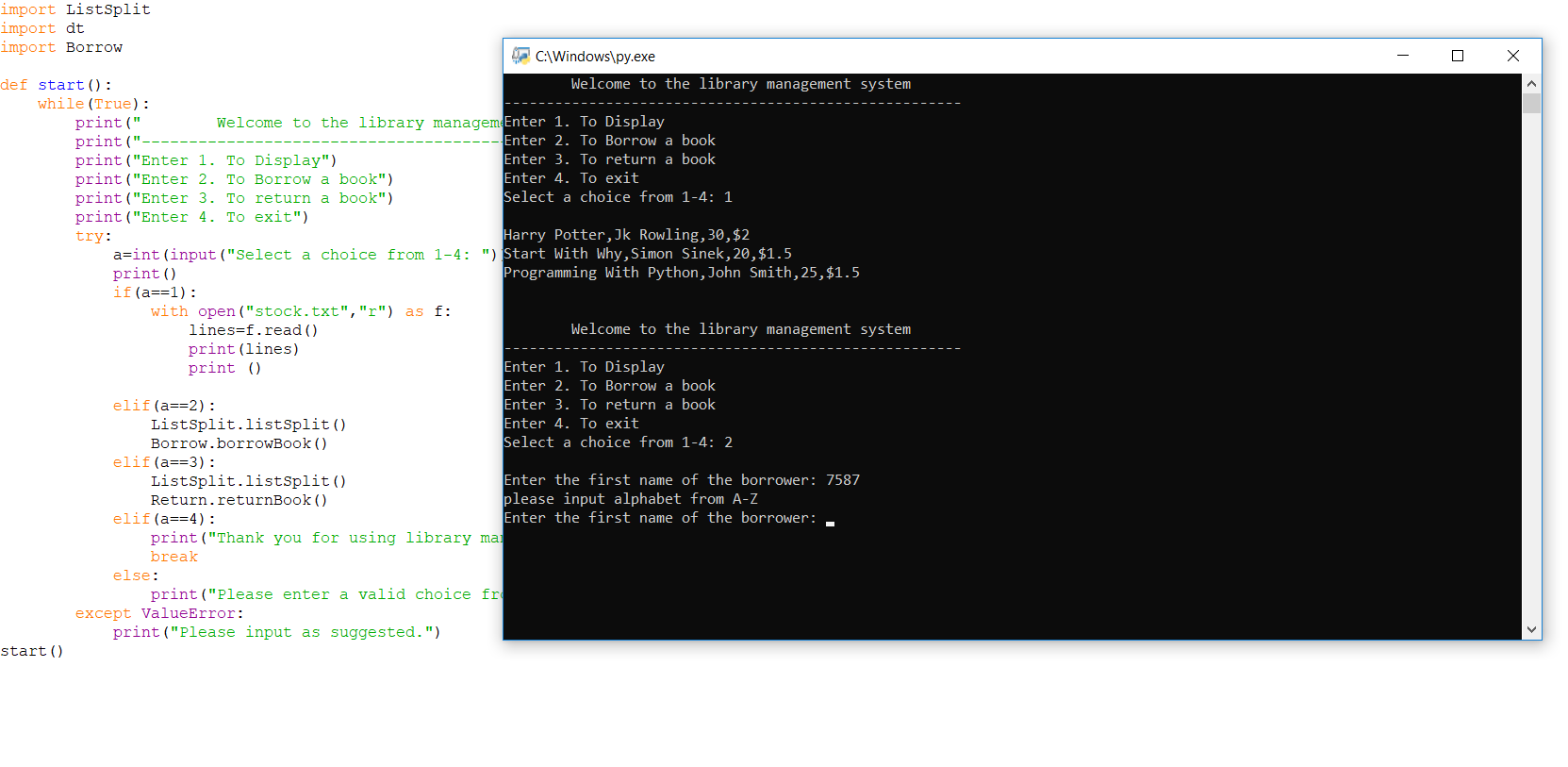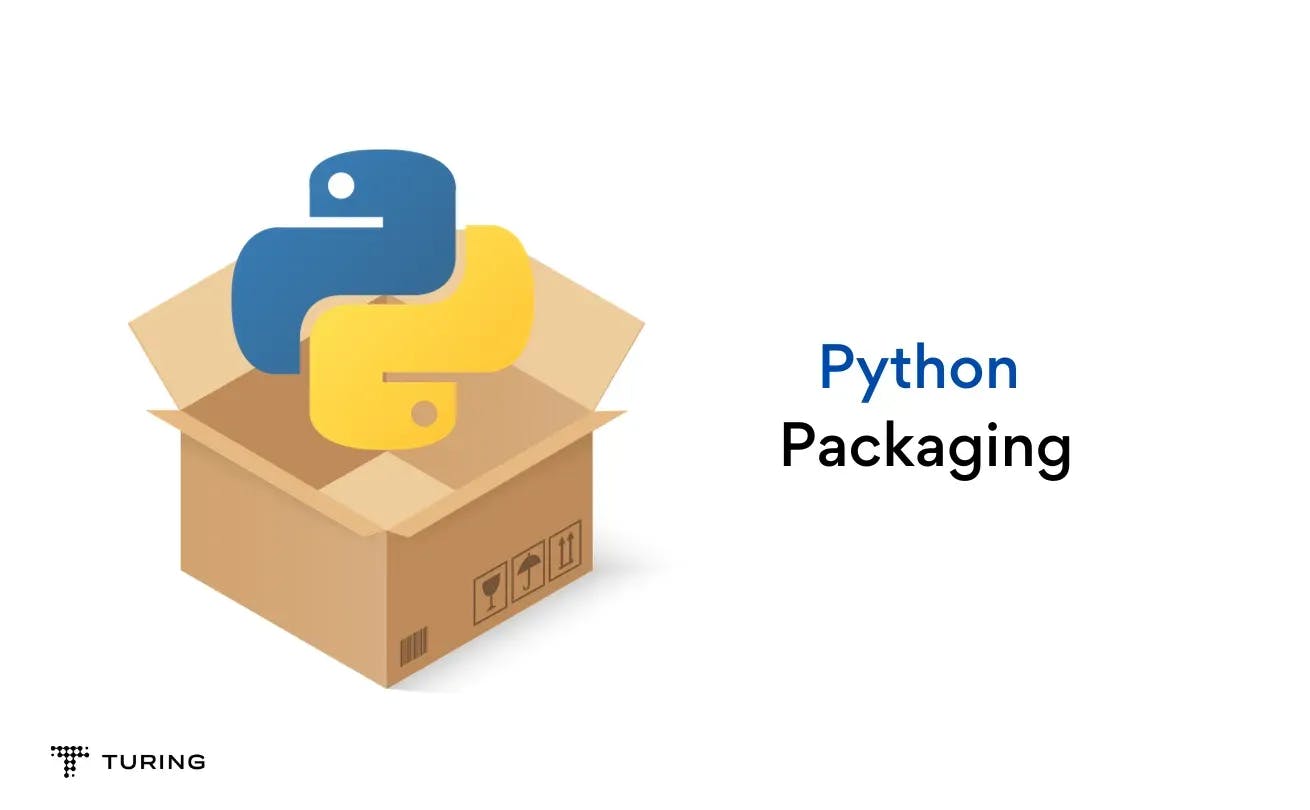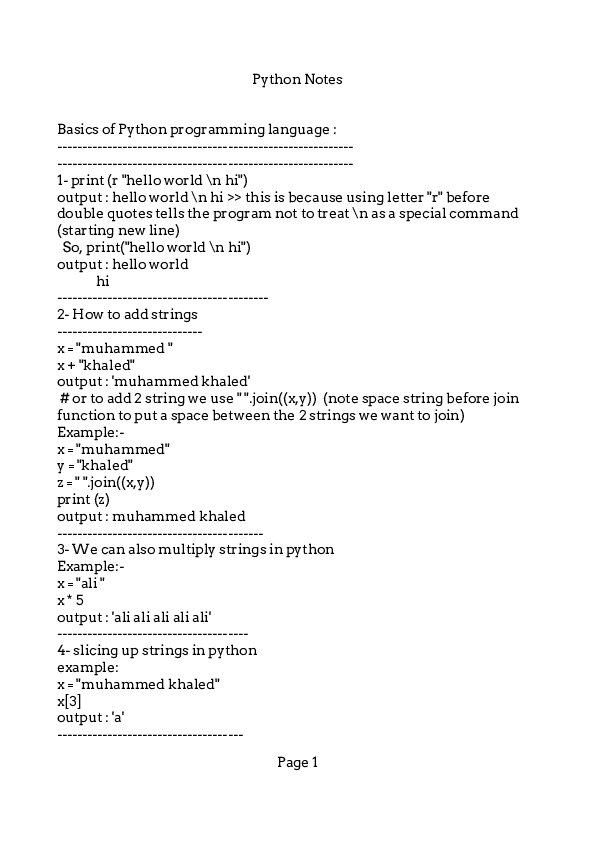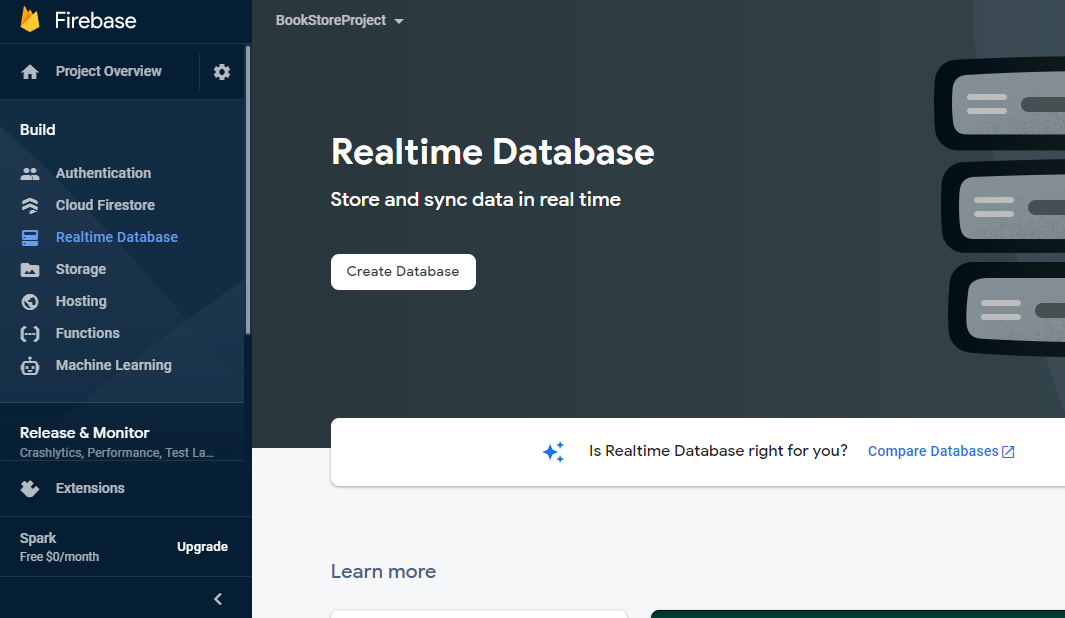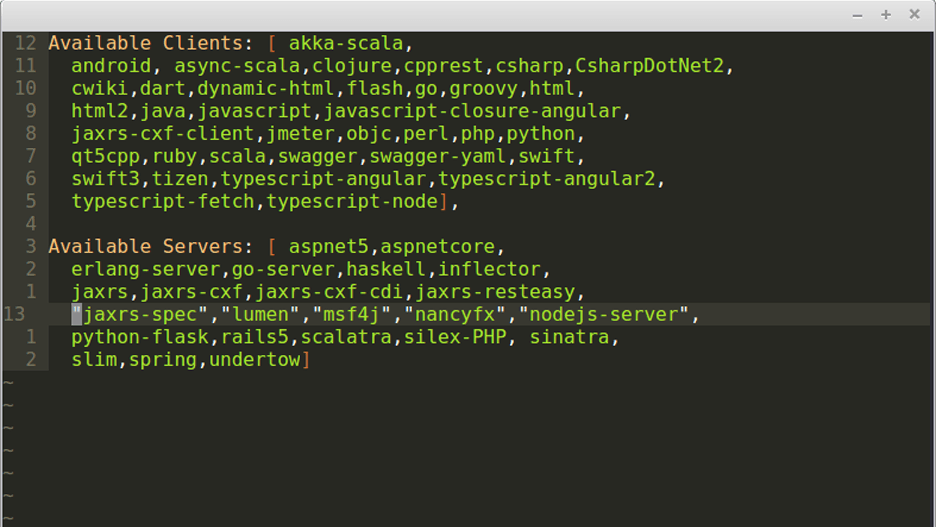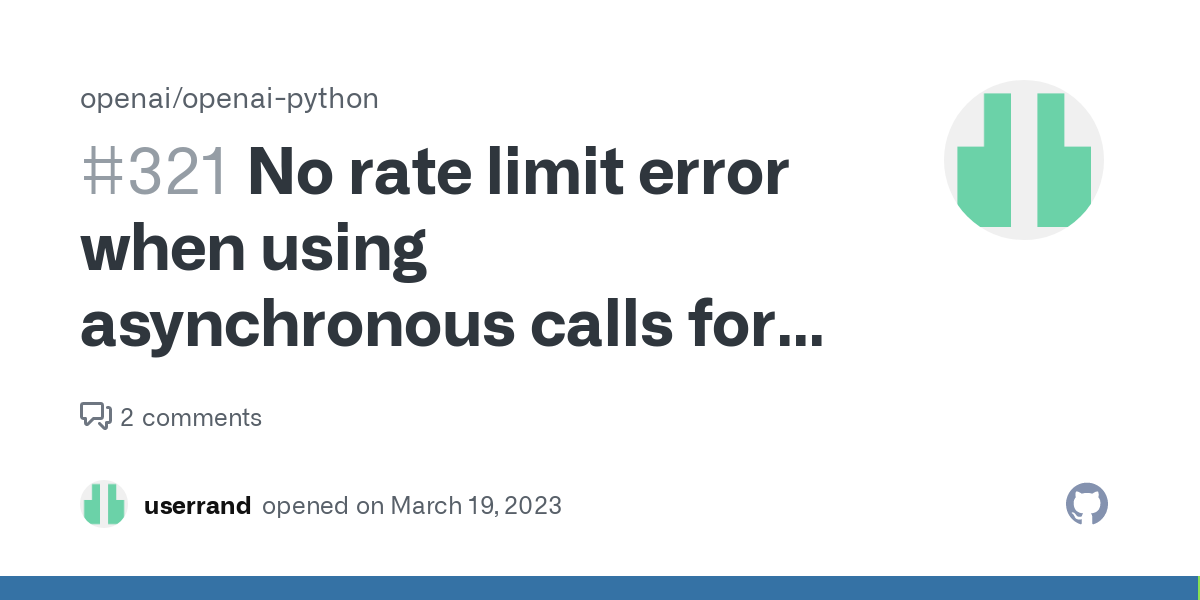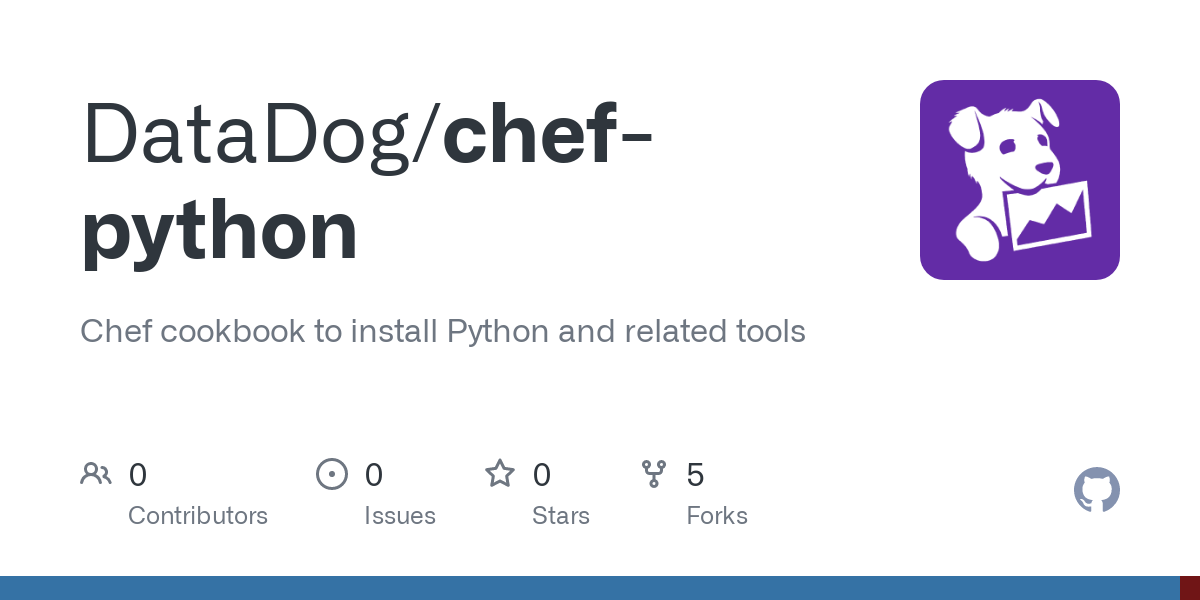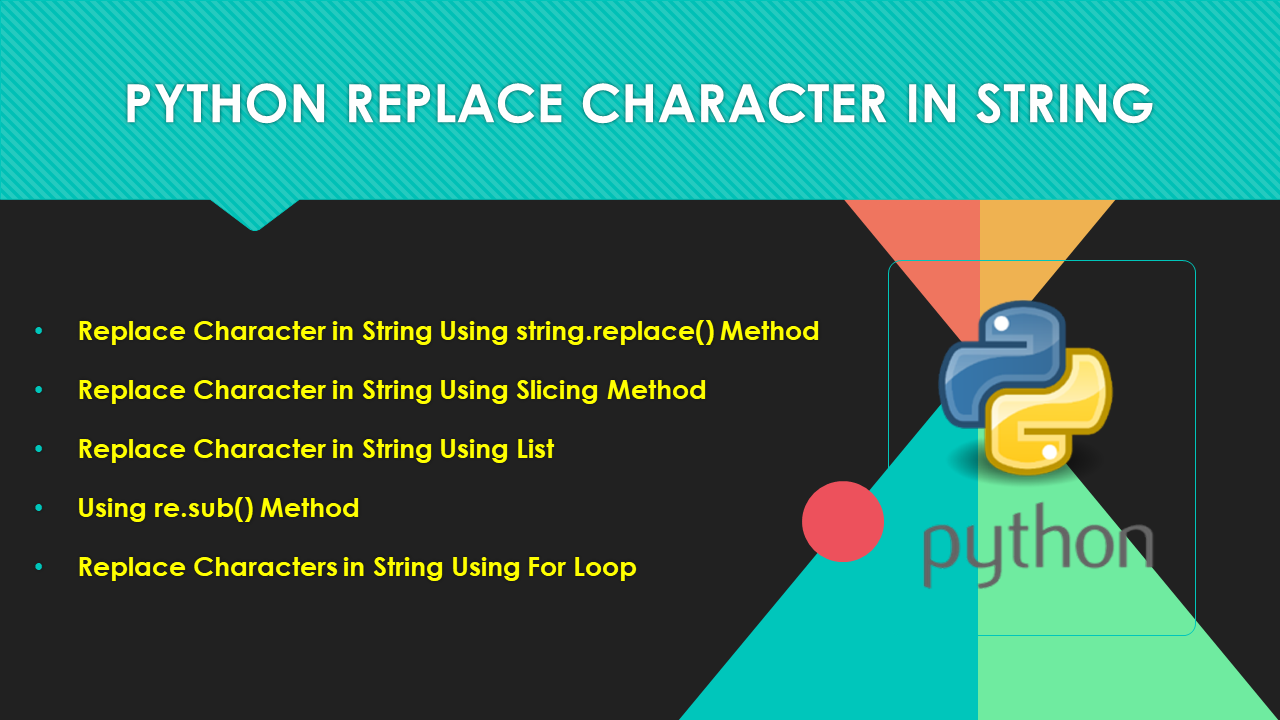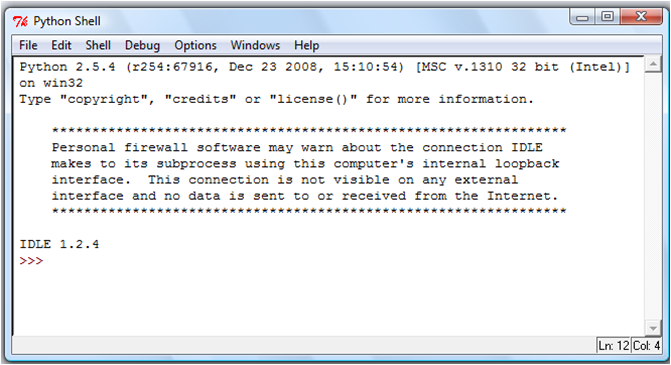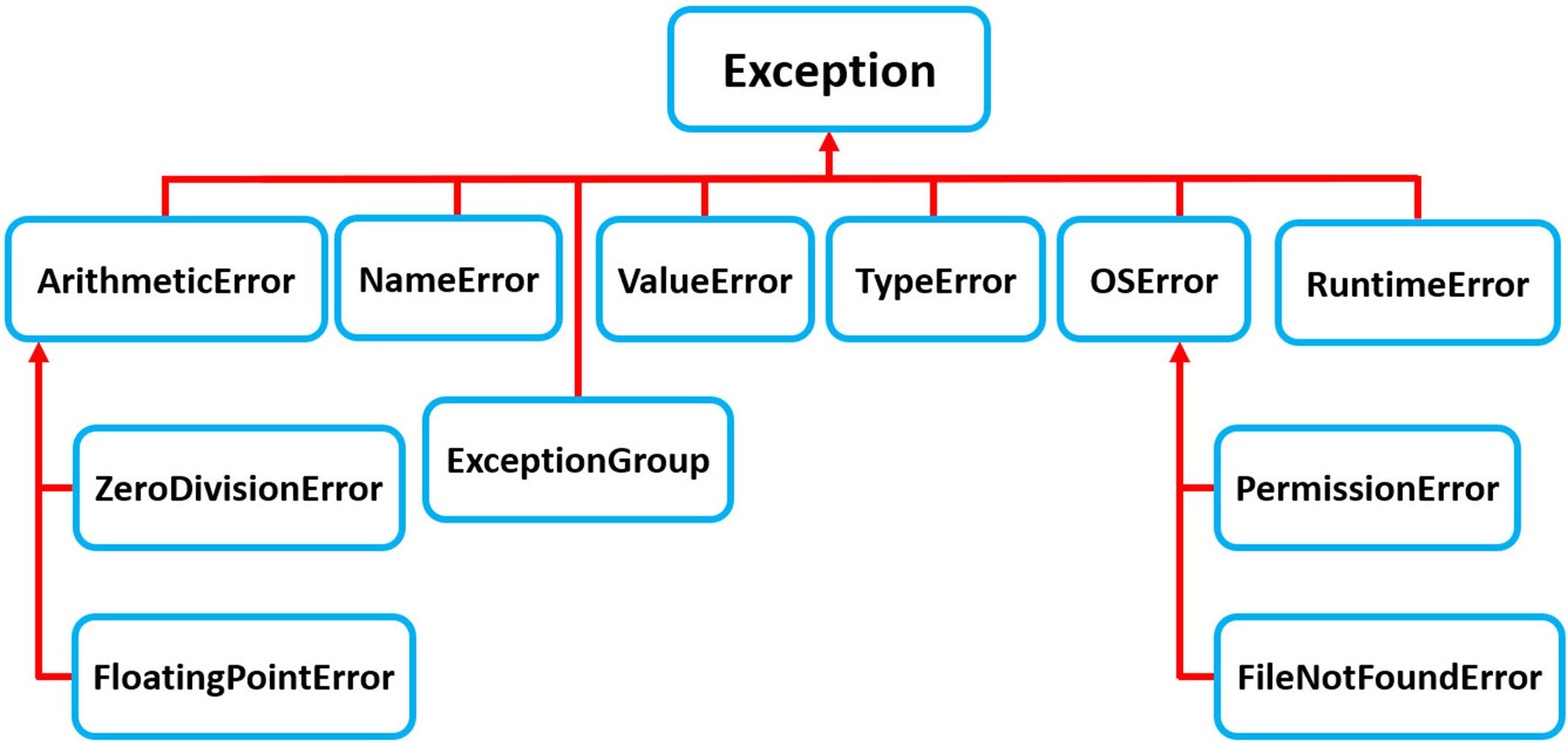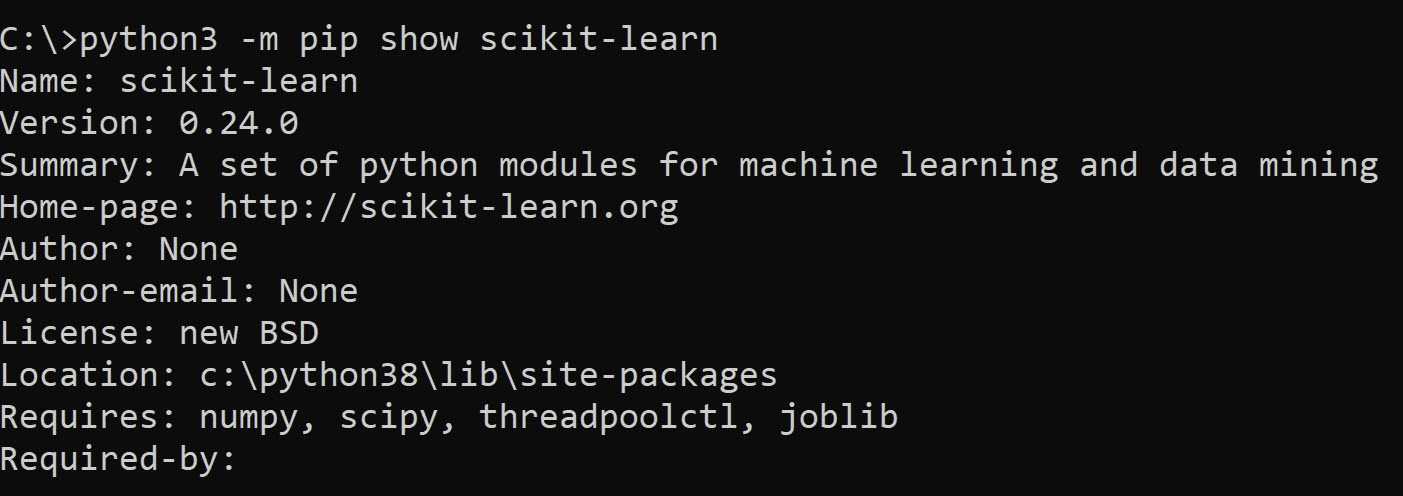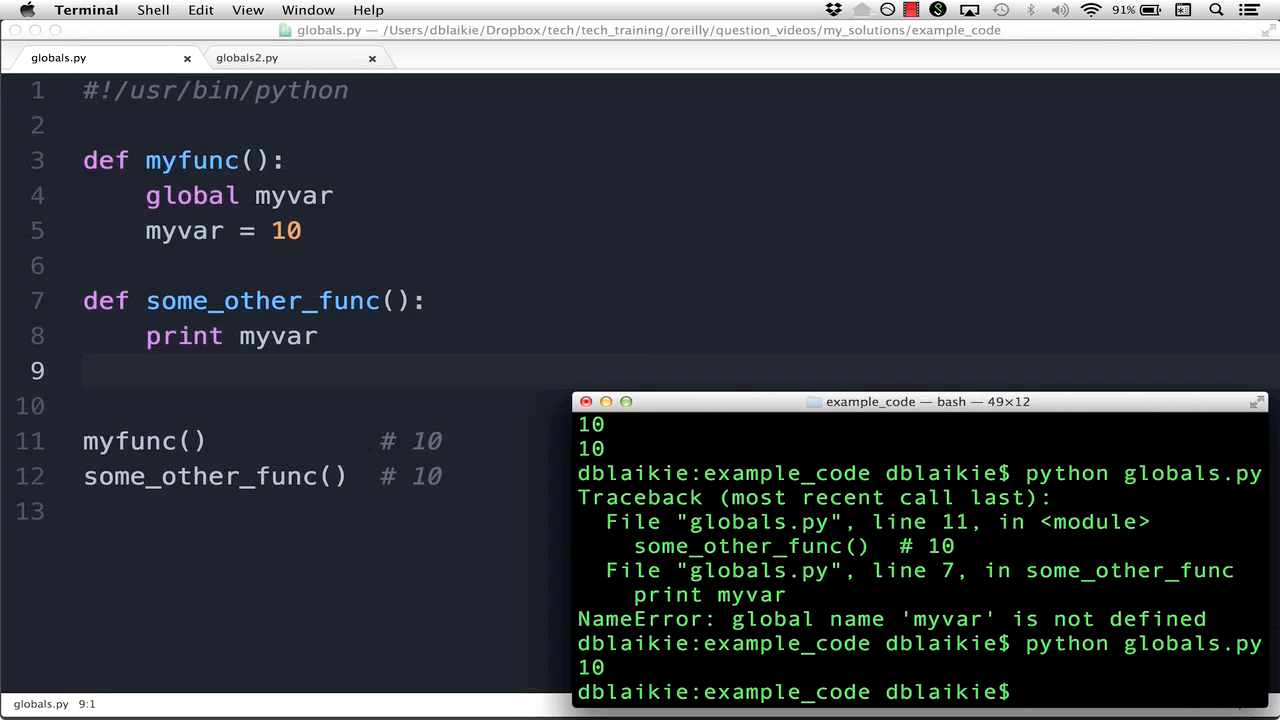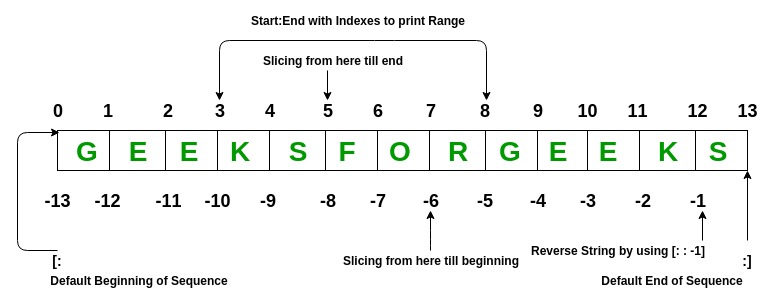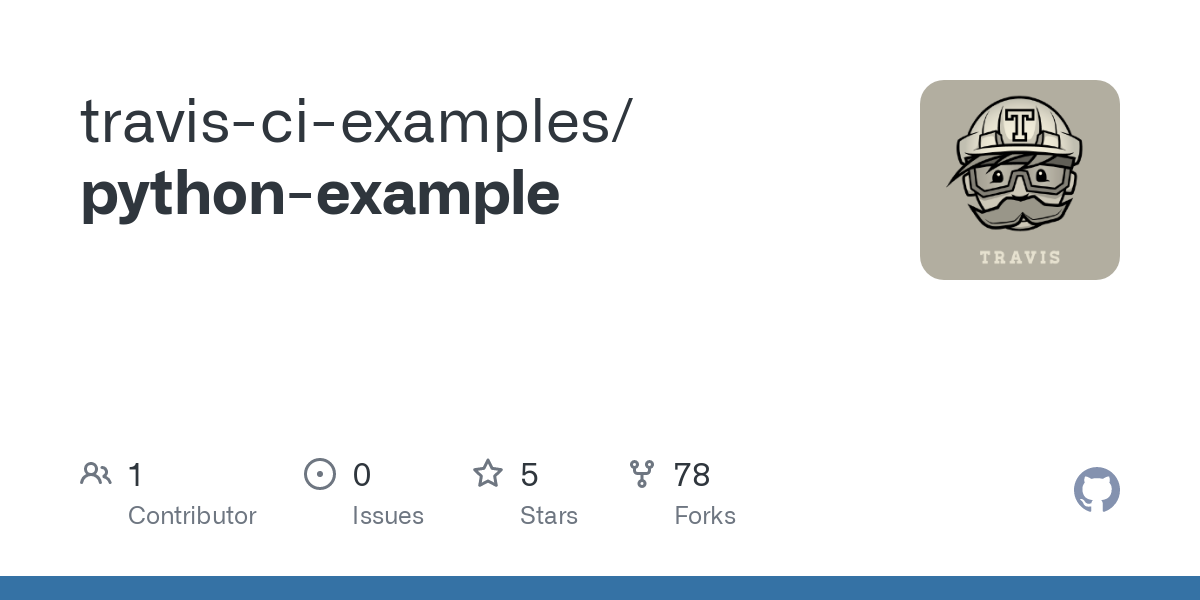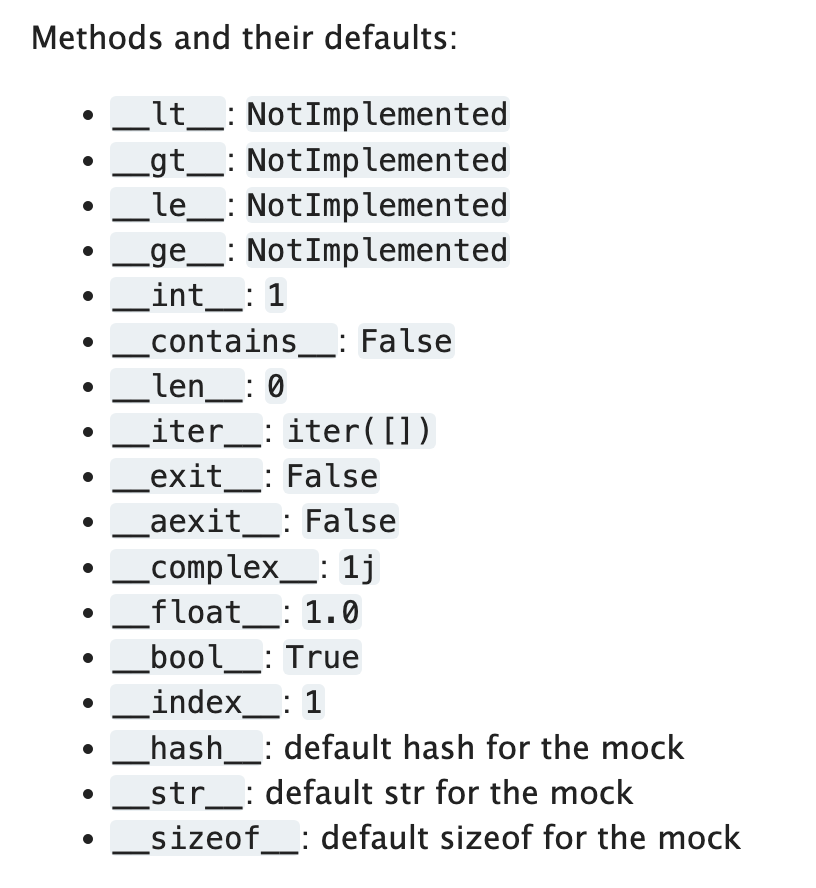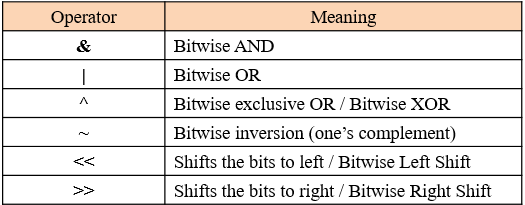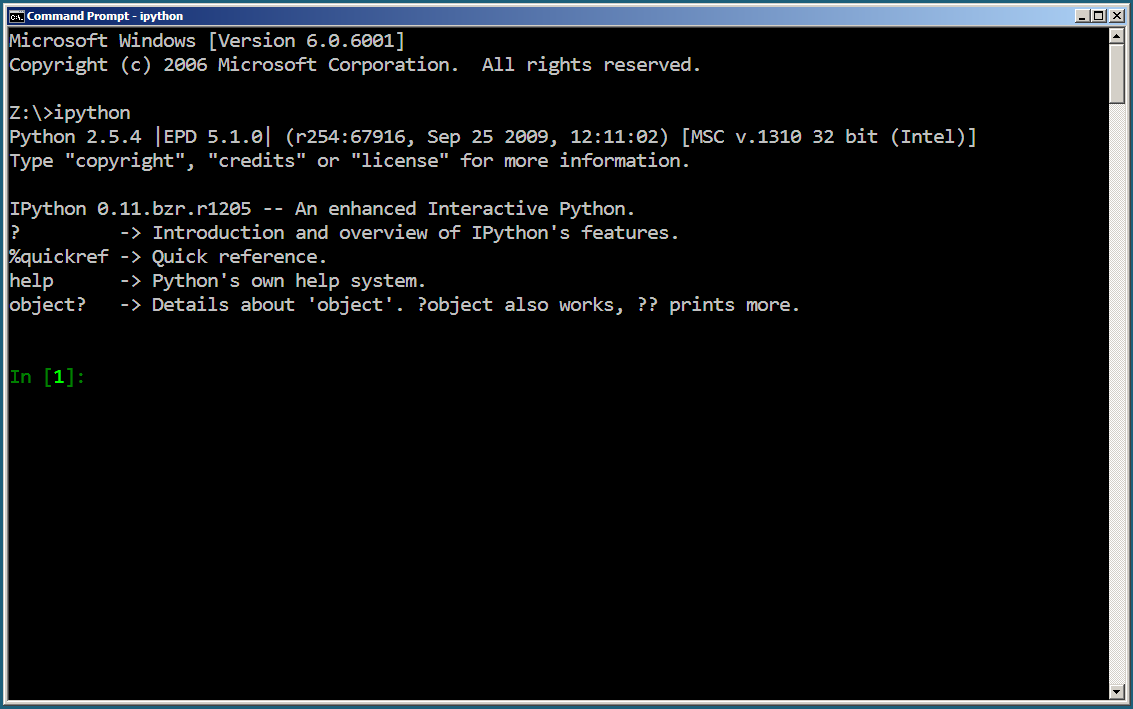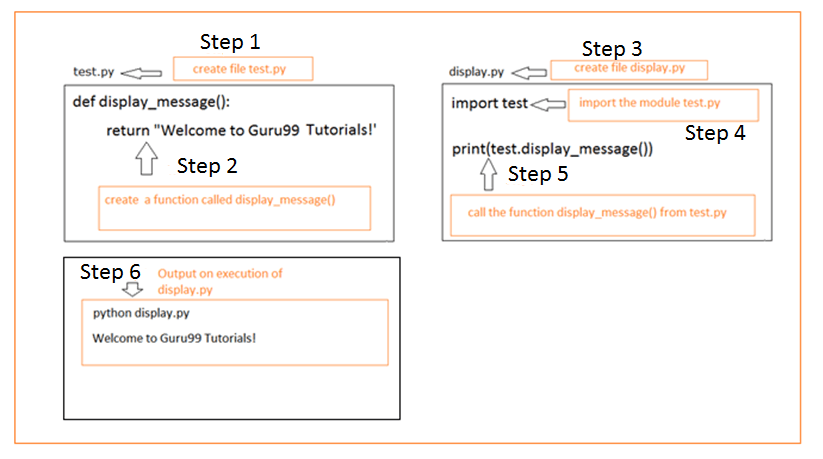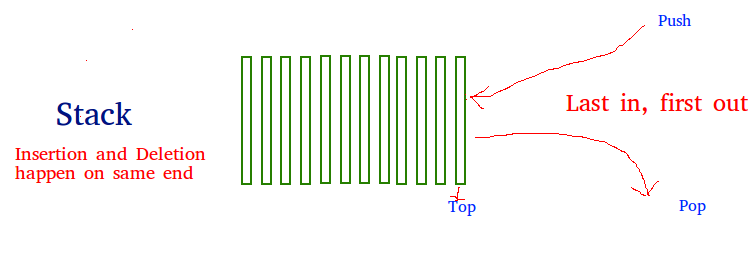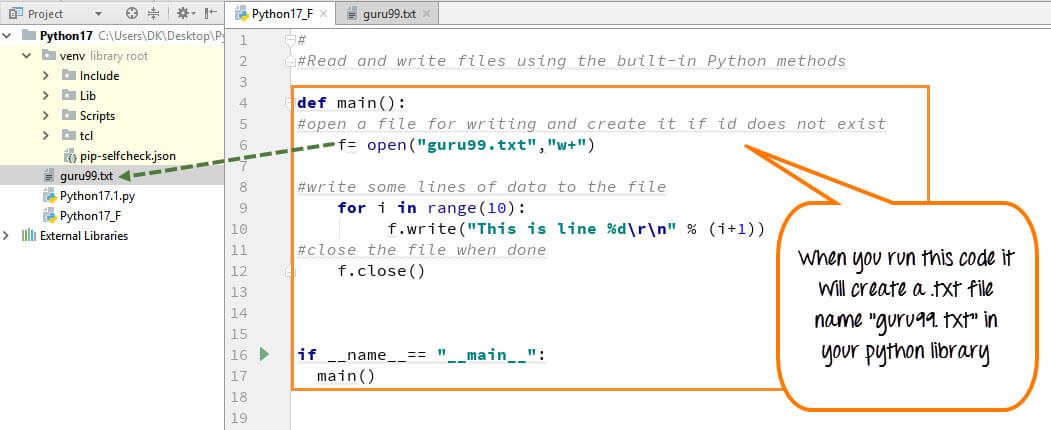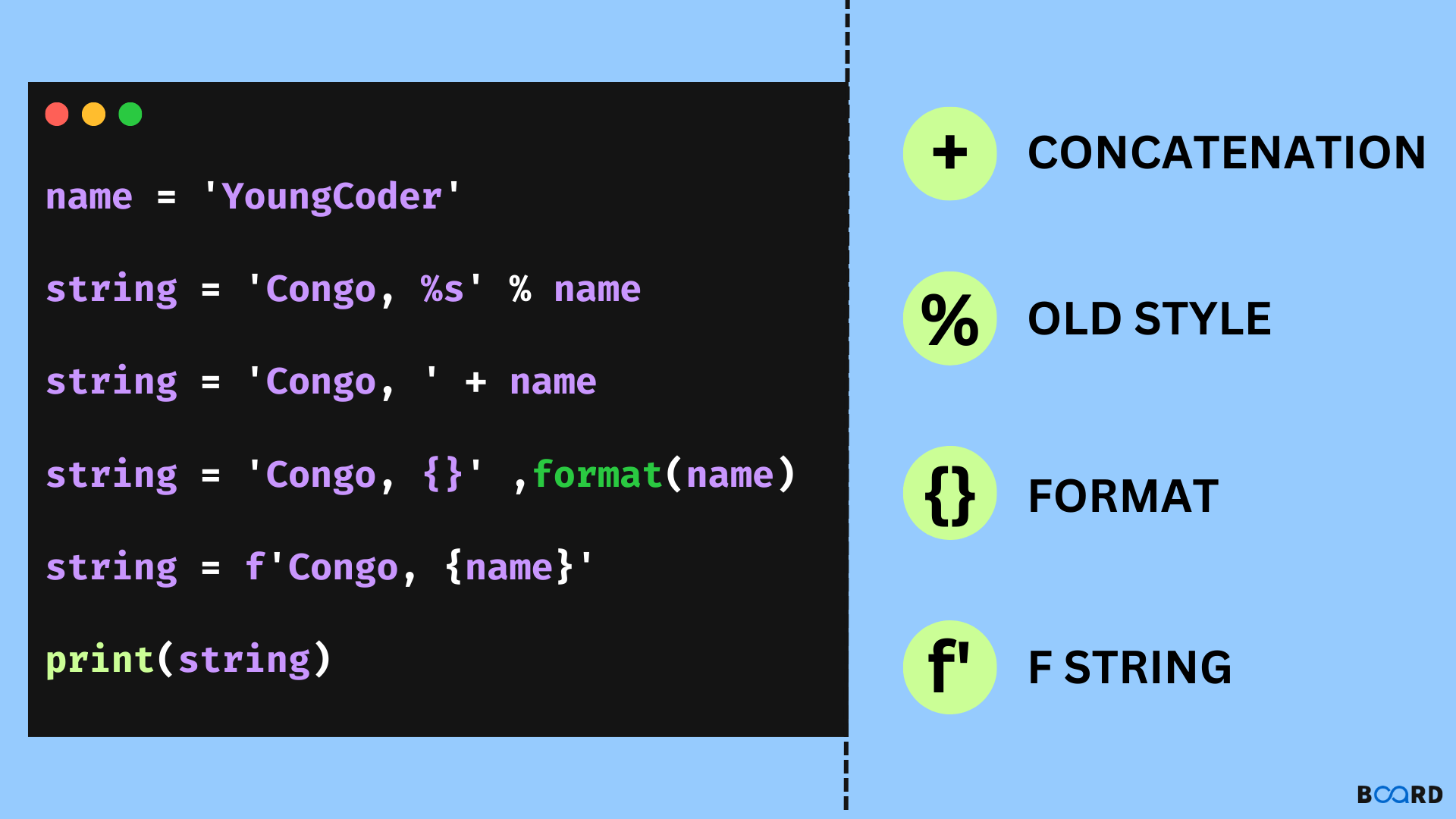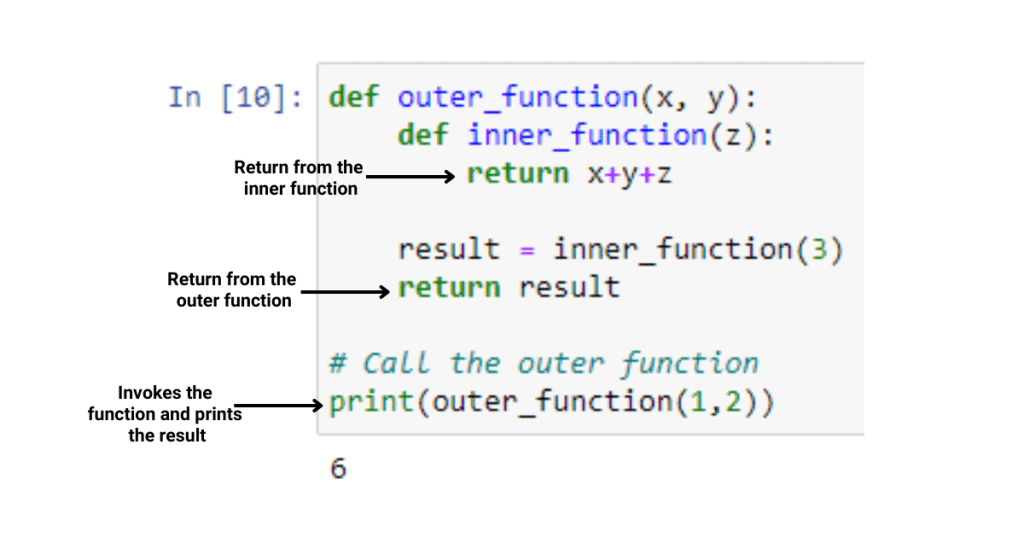Best python monitoring tools
Best python monitoring tools
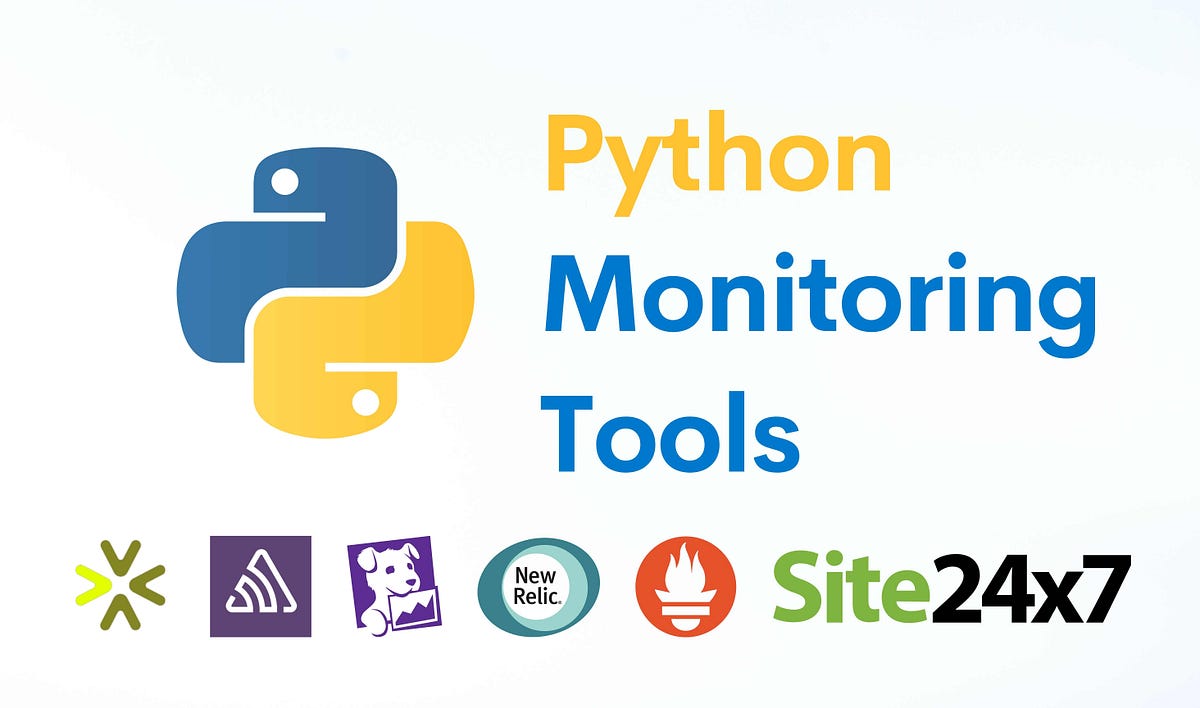
Here are some of the best Python monitoring tools:
Prometheus and Grafana: Prometheus is a time-series data collection tool that can be used to monitor various systems and services, including Python applications. Grafana is a visualization platform that can be used to create dashboards for monitoring data collected by Prometheus. New Relic: New Relic is a comprehensive monitoring platform that provides visibility into application performance, memory usage, and database query latency. It has built-in support for Python applications. Datadog: Datadog is a cloud-based monitoring platform that provides real-time insights into the performance of applications, infrastructure, and services. It has a Python agent that allows you to monitor your Python applications. Munin: Munin is an open-source monitoring system that can be used to collect data from various sources, including Python applications. It provides detailed statistics on the activity of your servers and systems. OpenTSDB: OpenTSDB (Open Time Series Database) is a scalable and distributed time-series database designed for high-speed aggregation and efficient querying. It has built-in support for Python data collection.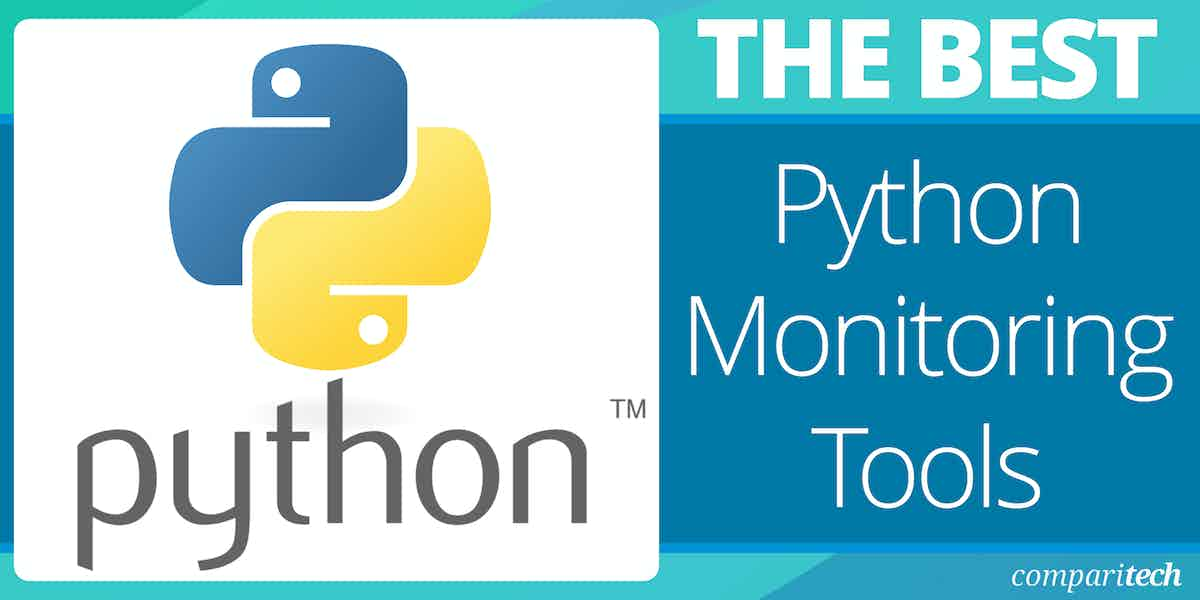
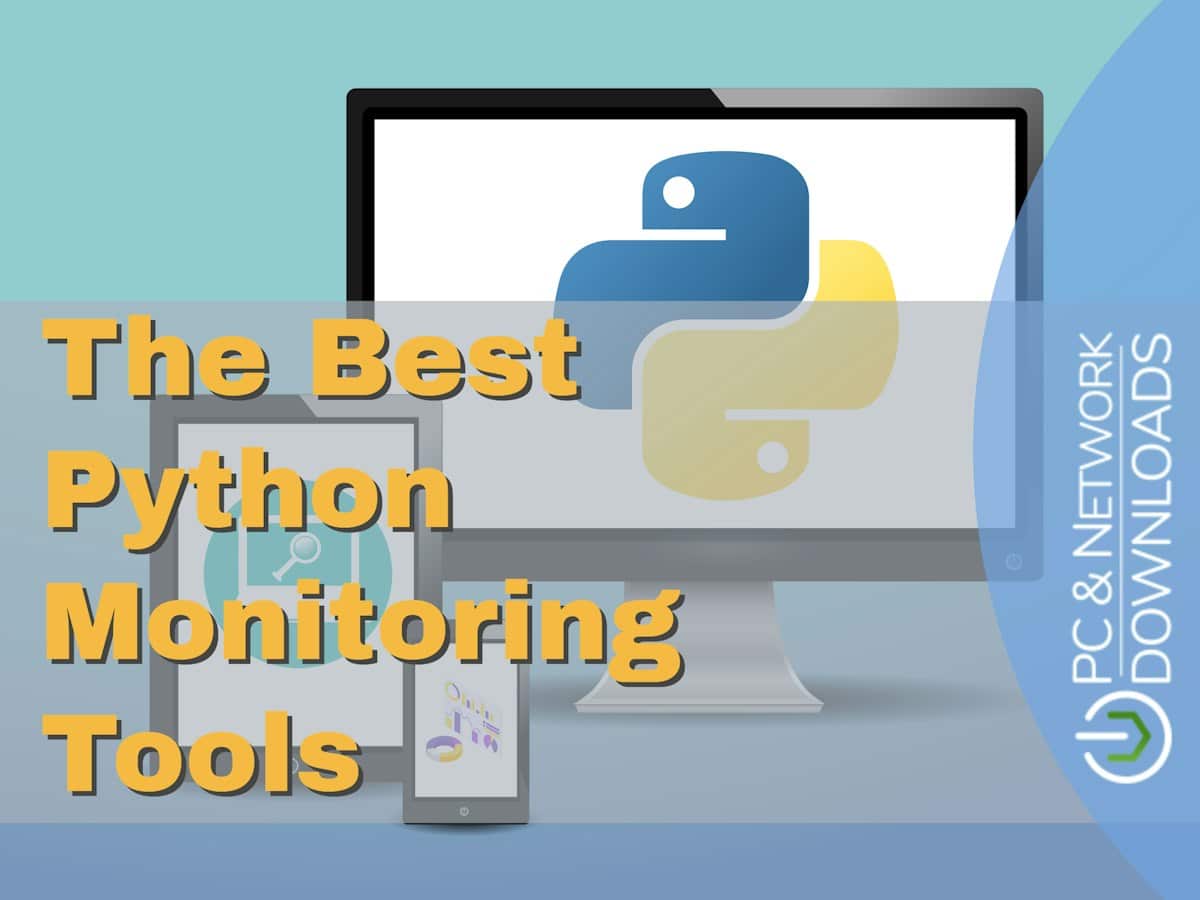
These are just a few examples of the many monitoring tools available for Python. By choosing the right tool for your specific needs, you can gain valuable insights into the performance of your Python applications and ensure they run smoothly in production environments.
Python monitoring tools free
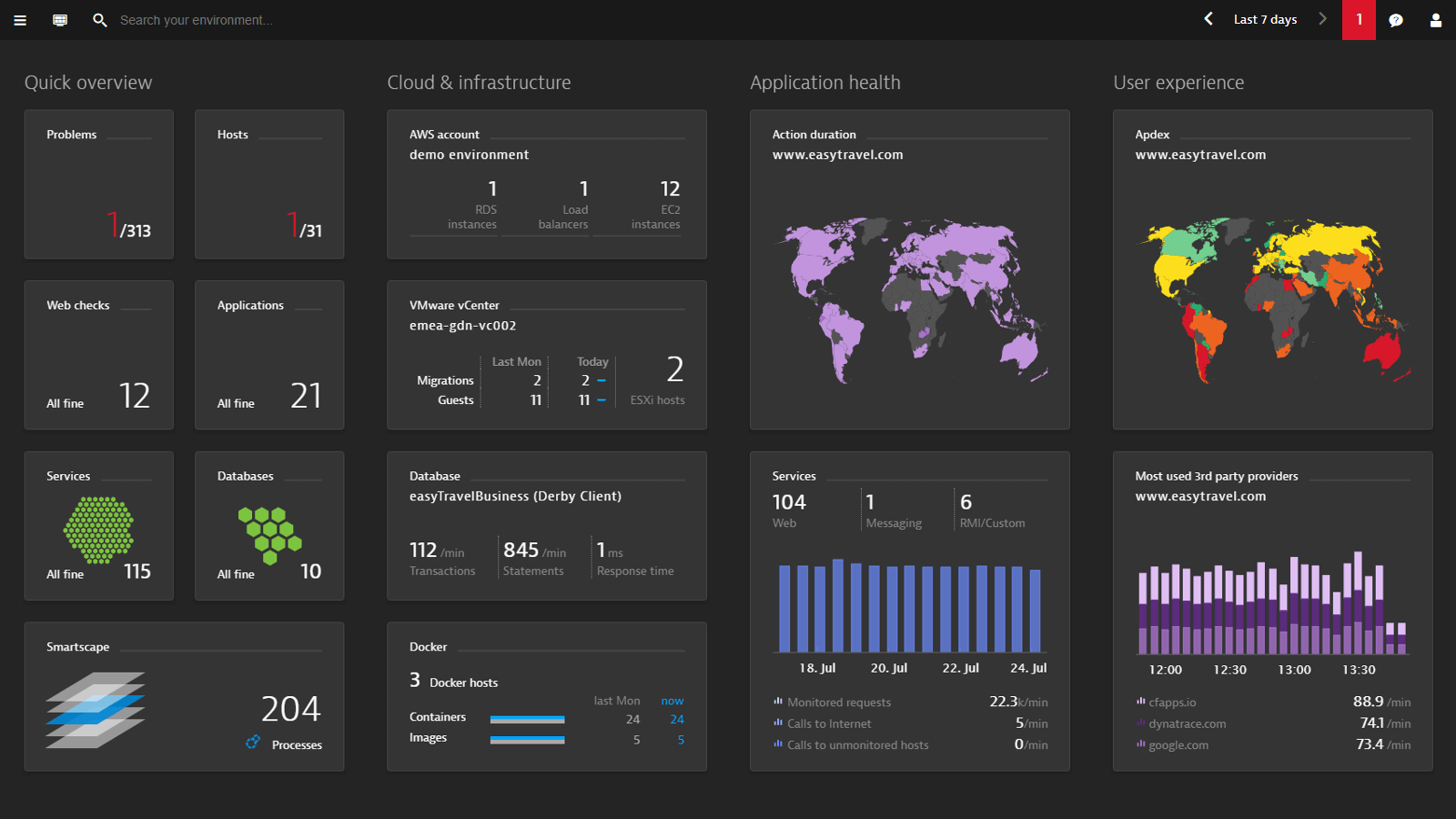
Python is a popular programming language used for various purposes, including data analysis and monitoring of system performance. If you're looking for free Python-based monitoring tools, I've got some great options for you:
Prometheus: Prometheus is an open-source monitoring system that collects metrics from your infrastructure using a pull model. It's highly customizable and integrates well with other popular tools like Grafana. You can use Python to scrape data from various sources (e.g., HTTP requests, MySQL databases) and send it to Prometheus for analysis. Grafana: Grafana is an open-source platform that helps you create beautiful dashboards to visualize your system's performance. It supports multiple data sources, including Prometheus, InfluxDB, and more. You can use Python to connect to these data sources and generate insights using Grafana's rich set of visualization options. Datadog: Datadog is a monitoring and analytics platform that provides insights into application performance, infrastructure usage, and other key metrics. While it offers paid features, its free version includes some useful monitoring tools for Python-based applications. New Relic: New Relic is a popular tool for monitoring the performance of your web applications. Its free plan allows you to track errors, response times, and resource utilization for Python-based apps. You can also integrate it with other services like GitHub, JIRA, or Slack. Pyroscope: Pyroscope is an open-source Python framework for monitoring and profiling Python applications. It provides insights into memory usage, CPU consumption, and more. This tool is ideal for developers who want to optimize their code's performance. Loggly: Loggly is a cloud-based logging platform that helps you collect and analyze log data from your Python applications. The free plan includes 200MB of storage per day, making it suitable for small-scale monitoring needs. Python Logger: If you're looking for a simple, free solution to monitor your Python application's logs, consider using the built-inlogging module or a third-party library like logbook. These tools allow you to record log messages and view them in various formats (e.g., JSON, CSV).
These are just a few examples of free Python-based monitoring tools. Depending on your specific requirements, some might be more suitable than others for your project. Remember that many of these tools offer paid upgrades with additional features, so it's worth exploring their pricing models before committing to a particular solution.
Remember: Always use the right tool for the job, and don't hesitate to reach out if you have any further questions!
